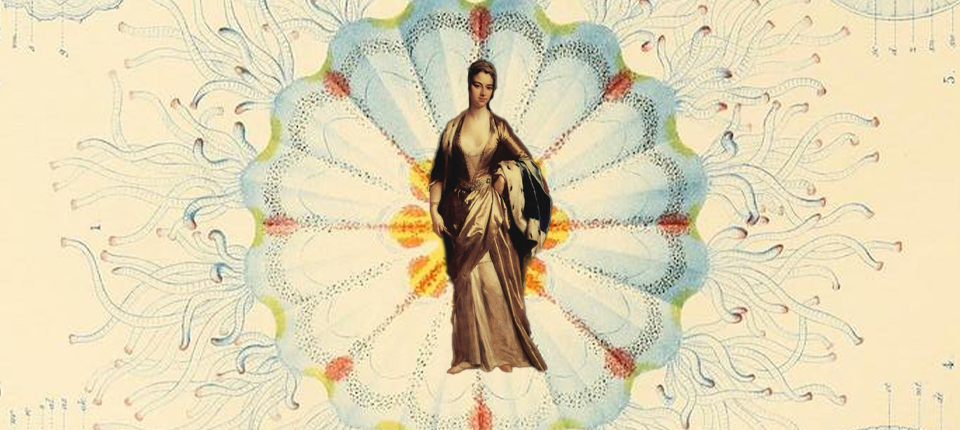The Best of the Literary Internet, Every Day

TODAY: In 1762, Lady Mary Wortley Montagu is born.
- Katie Kitamura revisits Beasts of No Nation after 20 years: “There is never the benefit of hindsight, the reassurance of a given outcome, or anything other than the rapidly fading innocence of a child.” | Lit Hub Craft
- Trish Bendix explores the history of lesbian pulp (and porn), and how lesbian writers and readers carry its legacy into the present. | Lit Hub Criticism
- Yet even though she shared Eleni’s name, it wasn’t until Eleni’s smiling face appeared on the presentation screen that I comprehended that this scholar was my aunt.” Natalie Bakapoulos shares lessons from discovering her family’s place in queer Greek literature and activism. | Lit Hub Memoir
- But the women themselves lovingly called the bags in which they carried their uniforms “‘freedom bags.’” How Black women used purses at the service of civil rights. | Lit Hub History
- “These and 11 other pieces ventriloquize a chorus of white American grotesques across the sociopolitical spectrum.” 5 book reviews you need to read this week. | Book Marks
- Khadijah Queen’s TBR features Linda Hogan, Alexis Pauline Gumbs, Sinclair Lewis, and more! | Lit Hub Reading Lists
- “By the end of her climb her thighs cramped, her left foot ached, and Grandma Blue was an angry bull.” Read from Antonio Michael Downing’s debut novel, Black Cherokee. | Lit Hub Fiction
- Elissa Altman looks back on her lifelong love affair with guitars. | The Bitter Southerner
- “The ur-loneliness is at the heart of Airless Spaces. Mental illness is the metaphor of choice, but the author has something more encompassing on her mind.” Vivian Gornick considers Shulamith Firestone’s life and work. | Boston Review
- Rebecca Mead explores the reemergence of Sally Carson’s 1934 novel, Crooked Cross, and its relevance alongside the rise of global fascism. | The New Yorker
- “Accusations of terrorism are automatically serious because our capacity for terror is intrinsic.” On Palestine Action and how governments weaponize proscription against activists. | The Baffler
- Why typos have become “a reassuring sign of human authorship.” | Slate
- Rhoda Kwan examines two newly translated novels that document grief and pain in China’s past. | Los Angeles Review of Books
Article continues after advertisement
